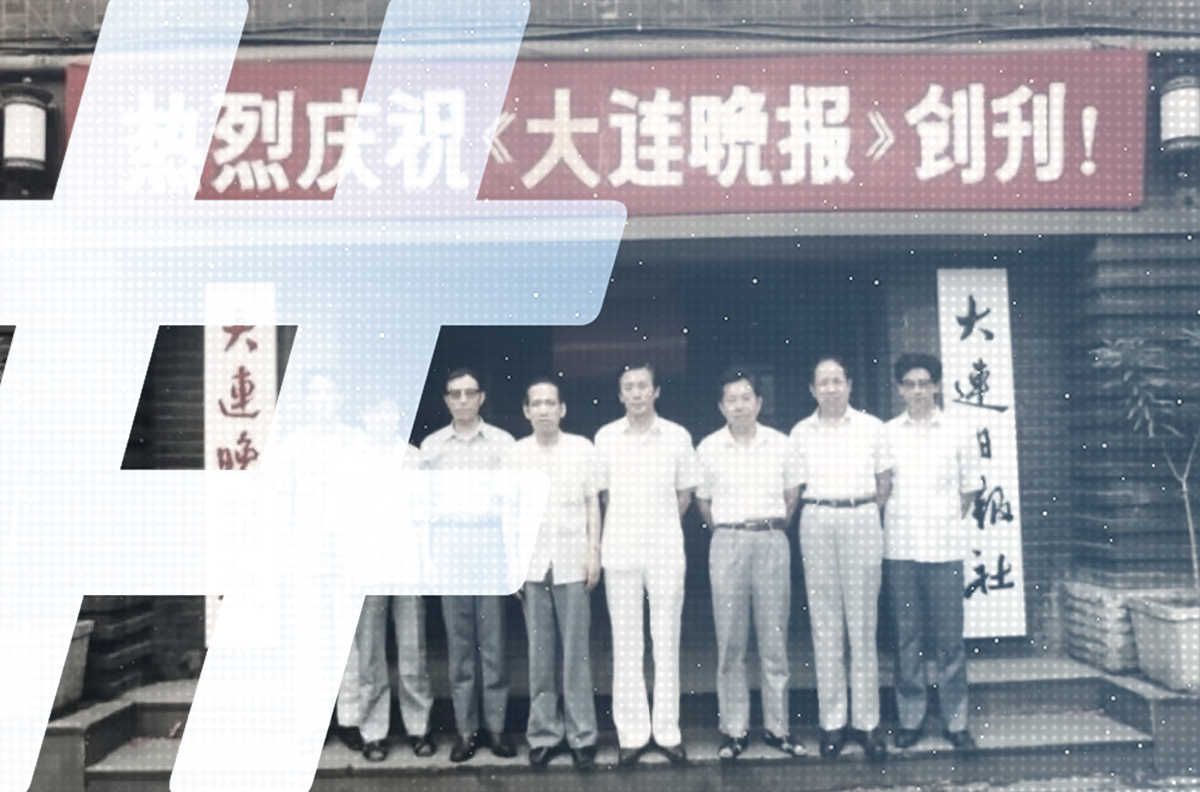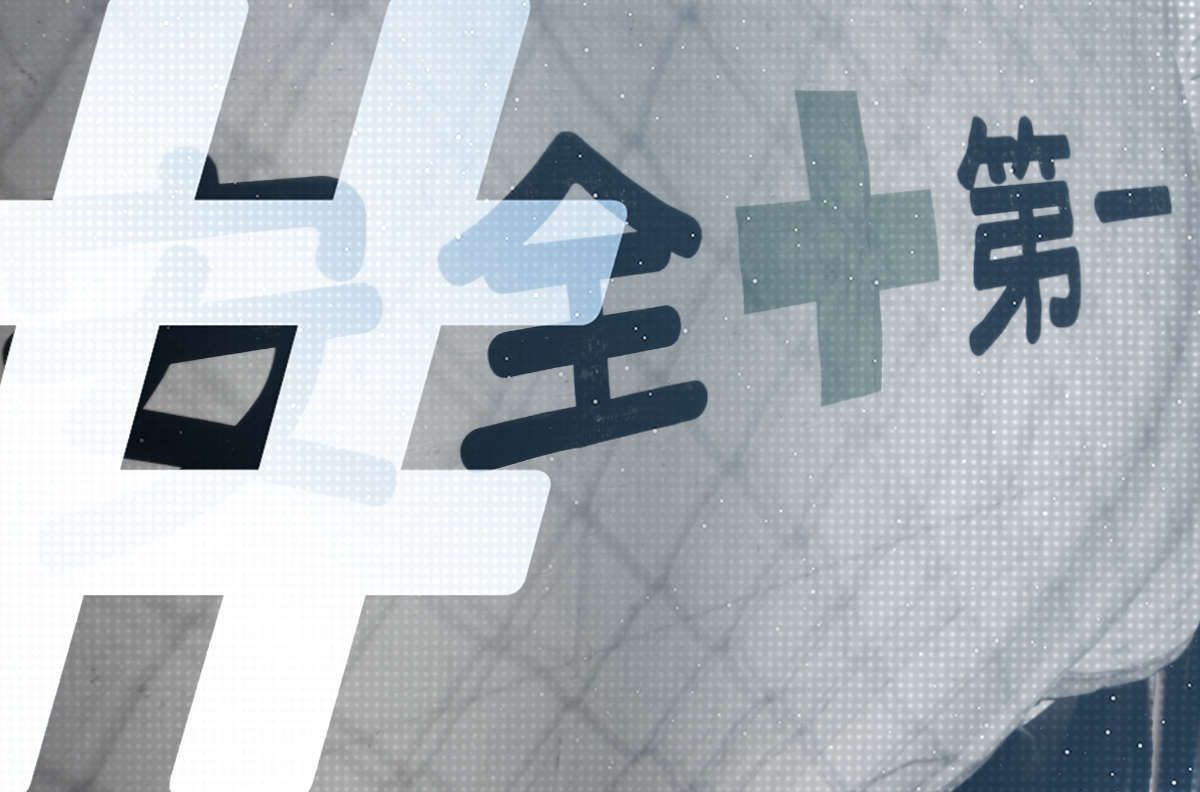Headlines and Hashtags
China’s cultural heritage is no game, say Internet users and Chinese media
National sentiments ran high recently as a trademark debate raged in and outside China’s online gaming industry over a Japanese company’s effort to register a game brand called “Outlaws of the Marsh” (水浒传) after the revered Chinese epic. This is yet another case highlighting the uneasy triangle of commerce, culture and politics coming into play as China seeks to commercialize its cultural sector.
Japan’s Jumo (巨摩), one of the world’s largest online game makers, applied to register the “Outlaws” trademark on March 2, 2004. In the absence of formal objections from other parties the registration would have been finalized by China’s Trademark Office on March 28 this year, China Economic Times reported. But a demur made by a company in the southern city of Wenzhou on March 6 put the registration in doubt and sparked a fierce domestic debate over intellectual property and China’s cultural heritage. [Screen capture from Japanese online game based on Chinese classic Three Kingdoms].
“Chinese stories, Chinese dialogue, Chinese scenes, taking over the Chinese market …. But of course, it’s Made in Japan”, said the caption under a screen capture from a Japanese-made game on a popular Chinese bulletin board service.
Some Chinese now see the “Outlaws” trademark as the last line of defense for China’s cultural heritage in the online game industry. Japanese companies have already registered trademarks based on two other classics, “The Three Kingdoms” and “Journey to the West”.
“[China’s] gaming industry faces a ‘disaster'”, flashed the headline of the China Economic Times article. The article quoted Liao Junming, chairman of Beijing’s Hongwei International IP Firm (红徽国际知识产权事务所), as saying: “Can you imagine, no Chinese are registering [trademarks] for the four classics? … That ordinary Chinese have not objected to a Japanese company holding trademarks for the classics is forgivable, but it’s shameful and painful that our domestic online game industry has done nothing”.
In a strange twist, the Chinese company eventually contesting Jumo’s application was a Wenzhou-based manufacturer of furniture and household accessories (温州喜倍儿家居服饰有限公司). The company’s chief executive, Wan Hanhua (厉汉华), told Wenzhou Commercial Daily, one of the first to break the story, that Outlaws of the Marsh was part of China’s cultural heritage and should not become a means of commercial exploitation for any company, much less a foreign one. Wan said he was infuriated by the situation and decided to stand up against it. In his official objection to the Trademark Office, Wan said registering “Outlaws” as a trademark “did harm to Socialist morals” and could have other harmful effects.
This was just the latest in a number of recent incidents in which commerce has become entangled with culture and politics. Just last month Chinese officials said they would ban prime-time airing of foreign cartoon productions in an effort to encourage the growth of China’s domestic animation industry. But the policy had undertones of cultural protectionism. There were calls for the creation of truly “Chinese” works more palatable for Chinese viewers, despite the growing popularity of foreign-produced animation on the domestic market.
[Baidu.com search results on “game” and “four classics”]
[Coverage in Chinese at Sina.com]
[Legal Daily coverage in Chinese with brief timeline]
[Chinese bulletin board posting expressing anger over trademark issue]
[Posted by CMP Intern Loretta Yang, March 21, 2006]




















